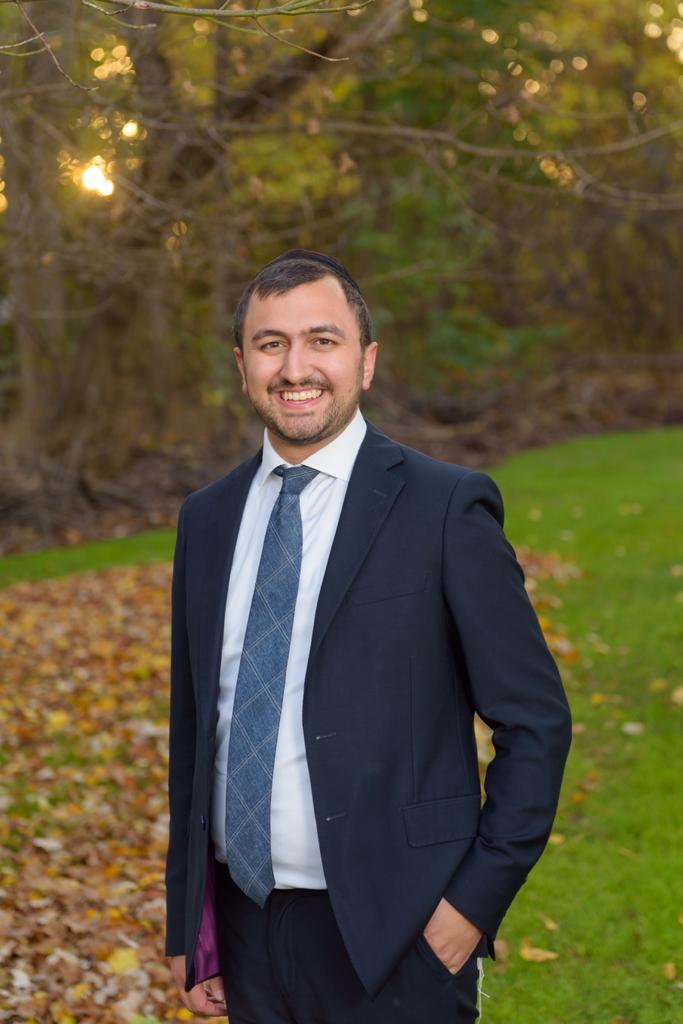Rabbi Yisroel Salanter (1809-1883) founded the Mussar movement, a stoic approach to Jewish self discipline and personal betterment.
R’ Salanter traveled frequently, and had his favorite haunts. In a particular town, Rabbi Salanter frequently stayed at a particular inn, where he knew the keeper was a pious and scrupulously observant Jew. One can only imagine Rabbi Salanter’s shock when he arrived at his usual place, and quite suddenly saw no evidence of mitzvah observance. None. Why, wondered Rabbi Salanter, did this old steadfast innkeeper suddenly fall off the path of righteousness in such dramatic fashion?
Rabbi Salanter asked the innkeeper, and the innkeeper recounted a dialogue he had with a friend of his:
“Do you believe in God,” asked the innkeeper’s Jewish, but non-observant friend.
“Yes, of course,” said the innkeeper.
“Ok, so what about the prohibition against eating pork?”
“What do you mean,” replied the innkeeper aghast. “Everyone knows we Jews do not eat pork.”
“Let’s see,” said the friend, pulling out a slice of pork. “If I take this bite and die, I shall die convinced that God exists. However, if I eat this and do not die,” the friend said slyly, “Then there is simply no God.”
He took the bite. A moment passed. A second. Ten Seconds. Thirty. A full minute. No smiting. No bolt of lightning. No writhing in pain on the floor. No evidence of God’s wrath at all.
“I guess you must be right,” said the innkeeper. “If there are no consequences for disobeying the directions of God, then He simply must not exist.”
Rabbi Salanter, having patiently listened to this story, sat flummoxed. He knew this was bogus. He knew one could not disprove God’s existence so flippantly, but he could not come up with the right words to say to persuade the innkeeper of his position. So he sat silently, until they were joined by the innkeeper’s daughter, jubilantly flailing a piece of paper.
“It’s from the opera house!” she shouted, giddy and giggling. “It finally came! The Certificate says that my violin skills, according to the top experts in the orchestra, are not only good, not only decent, not only excellent, but VIRTUOSIC! It says so right here, Daddy!” The girl’s father, the innkeeper was overjoyed.
A sparkle of recognition twinkled in Rabbi Salanter’s eye. Rabbi Salanter, normally the paragon of virtue and humility, adopted a patina of brief, false smugness to prove a point. He put on an intentionally smug air and said to the innkeeper, “Ok then, good sir, if your daughter is so apparently good at this violin, then why don’t you go ahead and have her play something for me.” The innkeeper, taken aback by this reaction, did not know how to respond. “That’s right,” said Rabbi Salanter. “This certificate, as far as I’m concerned, is just a silly piece of paper, not worth the ink required to print it. I do not believe a word of it.”
“How can you say such a thing, Rabbi?! This certificate was issued by the orchestra at the opera house, one of Europe’s greatest symphonic ensembles.”
And then just as suddenly as he adopted it, Rabbi Salanter dropped the act of false arrogance, resumed his normal humble demeanor, and smiled at the girl and the innkeeper. “Precisely so,” said he. “I agree with you.” The girl and the innkeeper were unsure of what to make of the great Rabbi’s sudden change in attitude.
But Rabbi Salanter’s eye continued to twinkle with that very same wisdom. “The God of Abraham, Isaac, and Jacob is no different,” he continued. “Just as you were insulted when I demanded your daughter prove her mettle and you insisted that she shouldn’t have to prove anything, because she had already proven herself earlier to the orchestra, so too does God feel. He does not rise to the challenge every time a Jew throws down the gauntlet and says, ‘Prove to me that you exist! I dare you!’ God already has proven himself to us, don’t you see? He sent the ten plagues to Egypt, and split the red sea for us. How much more proof can one nation of people demand?”
“There are other streams of religion,” continued Rabbi Salanter, “that are based on only one single interlocutor with God, one single prophet who knew the entire Truth, with a capital T. Judaism does not work that way.” Now, the innkeeper and his daughter leaned in, captivated. “Our story is one in which God, though speaking primarily with Moses, made his presence abundantly clear to every single Jewish person in Egypt and during the exodus. This is, after all, the mitzvah of the Passover seder. We do not tell the story of one man speaking with God. We tell the story of our entire nation communing with God. Each father who reads from the Haggadah at the seder is not reading and passing on the dialogue of some esoteric, long dead holy man. He is reading a FAMILY HISTORY. He is reading the story of what happened to his direct ancestors, to every single member of the Jewish people.”
So ends the story of Rabbi Salanter and the innkeeper, but it is only where our story begins. No, God does not smite us when we stray from the path he has curated for us. That does not change the fact that he labored to create the correct pathway according to which we ought to structure our lives, for meaning and fulfillment. So, when we think about God and mitzvah observance and the role those elements play in our daily lives, let us not approach these questions as petulant children, yelling “what are you gonna do about it?” with every transgression. Let us instead remind ourselves that God made his presence known in Egypt, and that it is our duty and our privilege to pass the weight and the incalculable value of that story on for generations.






